All Stories
-
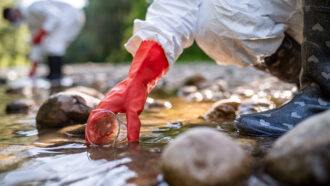 Environment
EnvironmentLeaky sewer pipes pollute urban streams and bays with drugs
Scientists find that leaking sewer pipes around Baltimore, Md., spew thousands of doses of medicines into the Chesapeake Bay and other waterways.
By Laura Allen -
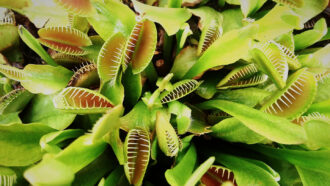 Plants
PlantsLet’s learn about meat-eating plants
Carnivorous plants use a variety of strategies to lure in and capture their prey, from sticky traps to jawlike leaves.
-
 Tech
TechSomeday soon, smartwatches may know you’re sick before you do
Such an early detection of flu-like infections could tell you when to avoid others to limit the spread of disease.
-
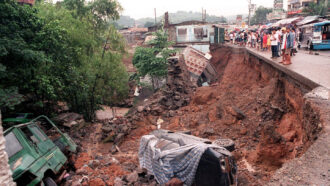 Climate
ClimateScientists Say: El Niño and La Niña
El Niño and La Niña are part of a climate cycle that results in major weather changes every few years.
-
 Space
SpaceExplainer: Calculating a star’s age
Scientists can figure out a star's mass or composition pretty easily. Determining how old that star is, however, is a lot harder.
By Lisa Grossman and Helen Thompson -
 Tech
TechEasy for you, tough for a robot
Robots still can’t do many things that we find easy. Can engineers reduce how klutzy robots are and boost their common sense?
-
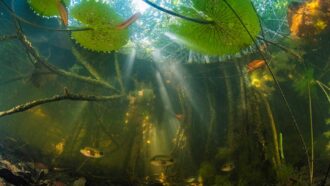 Climate
ClimateHere’s how some sea-loving trees ended up far from the coast
This “relict ecosystem” that’s more than thousands of years old moved inland due to warming and a rise in sea levels.
-
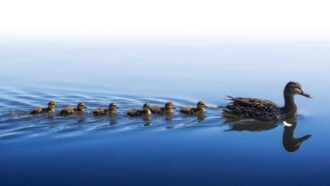 Physics
PhysicsHere’s why ducklings swim in a row behind mom
Baby ducks save energy by surfing their mother’s waves, but only if they do it in an orderly line.
-
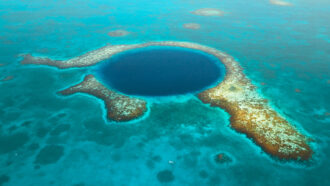
-
 Physics
PhysicsFuture cars may offer personal sound zones — no earphones needed
Zones that offer each passenger personal listening are closer to reality. A new design improves performance by adapting to the conditions in your car.
-
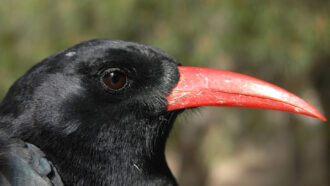 Humans
HumansResearchers role-played as Neandertals to learn how they hunted birds
By pretending to be Neandertals, researchers show that the ancient hominids likely had the skills to hunt crowlike birds called choughs.
-
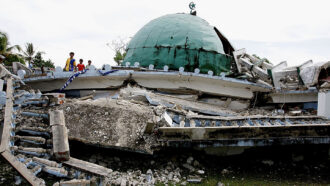 Earth
EarthWhat can ‘silent earthquakes’ teach us about the next Big One?
Earthquakes usually last seconds. But sometimes, they can last days, or even years. Here’s what scientists are learning about these “slow-slip events.”